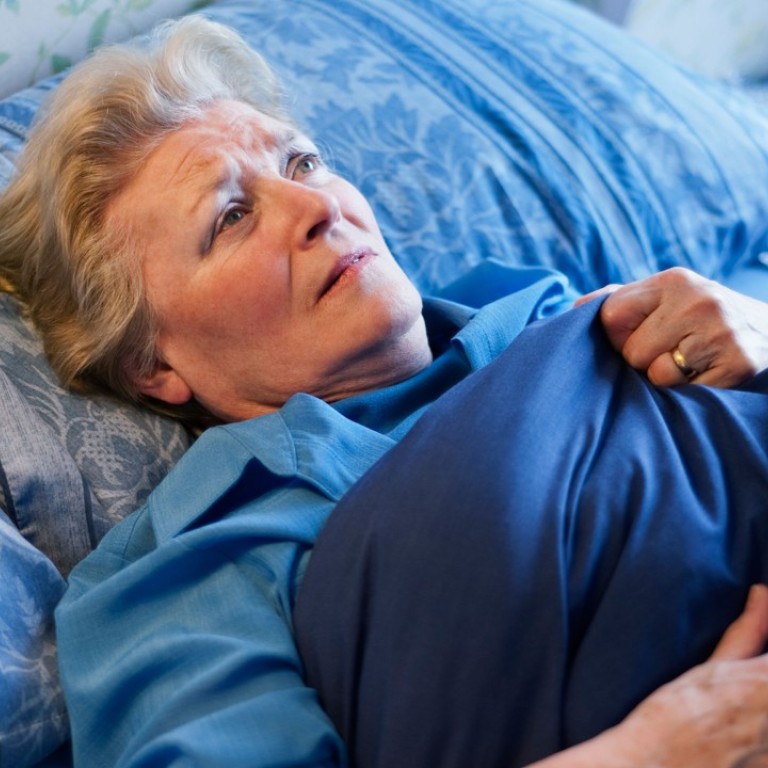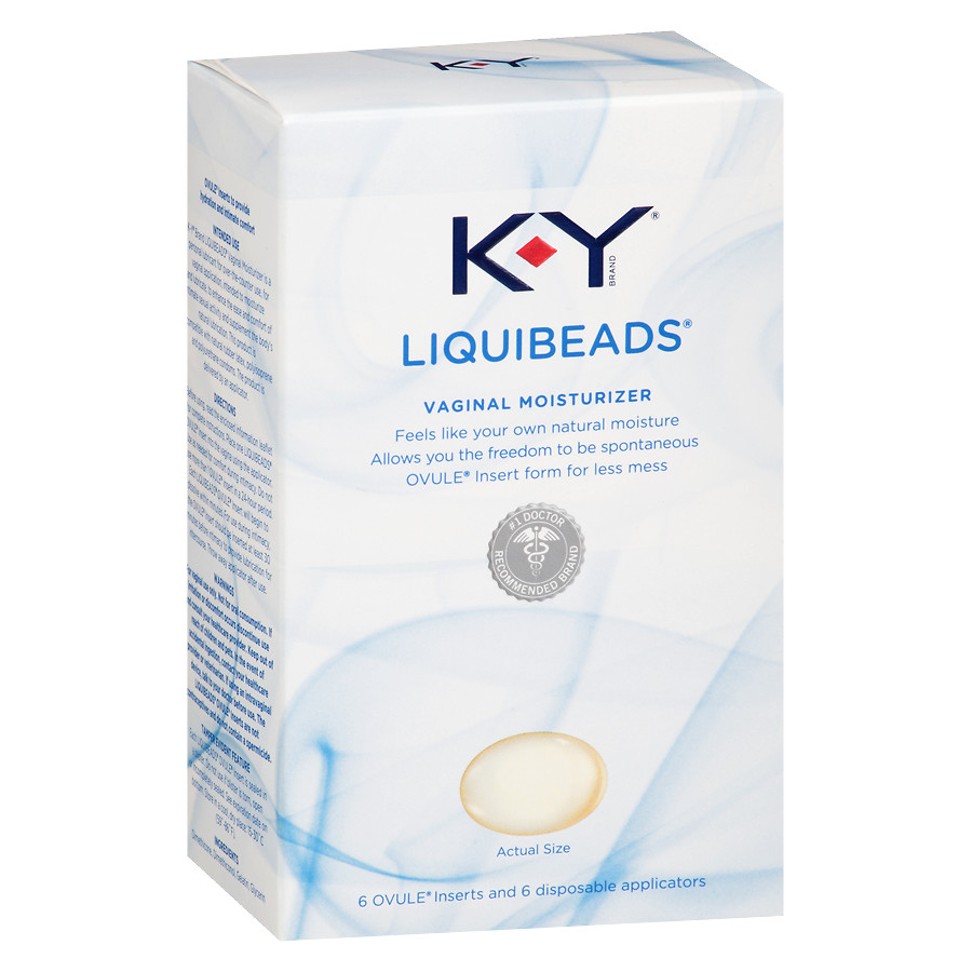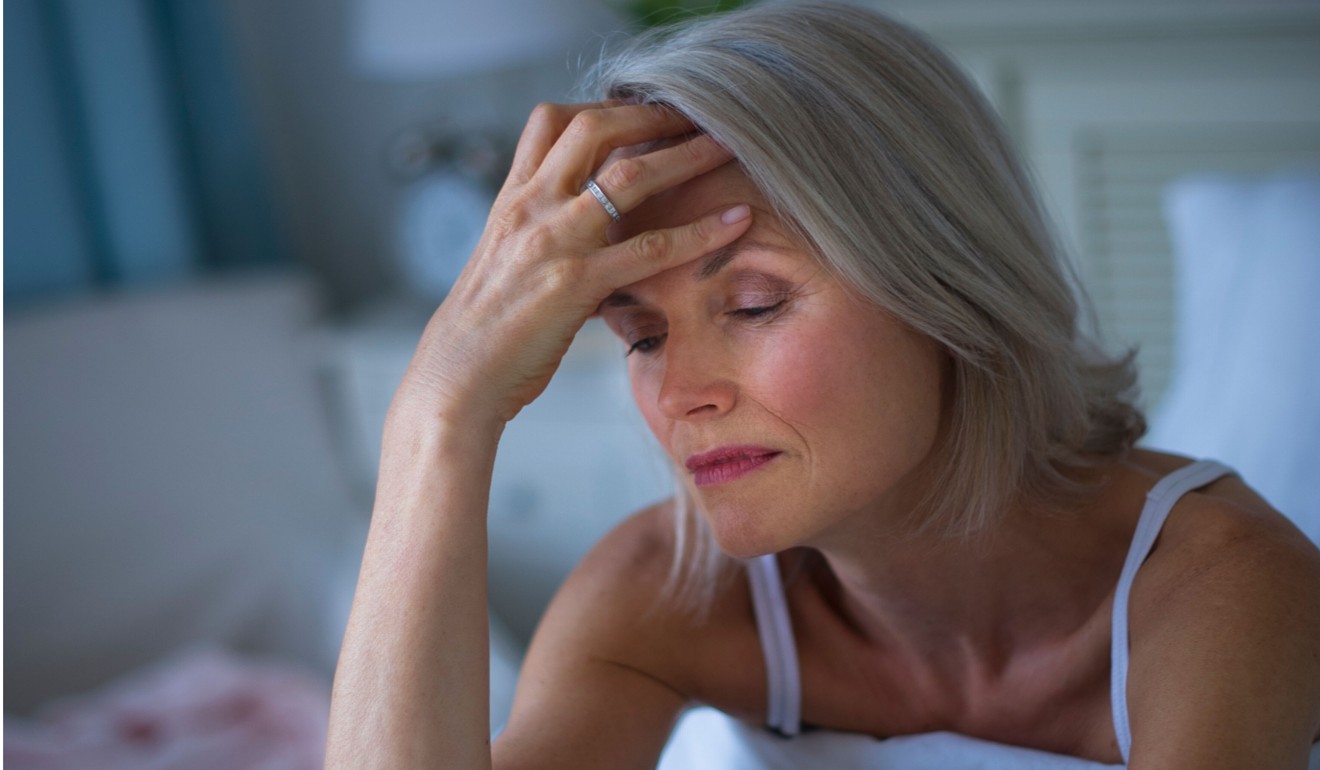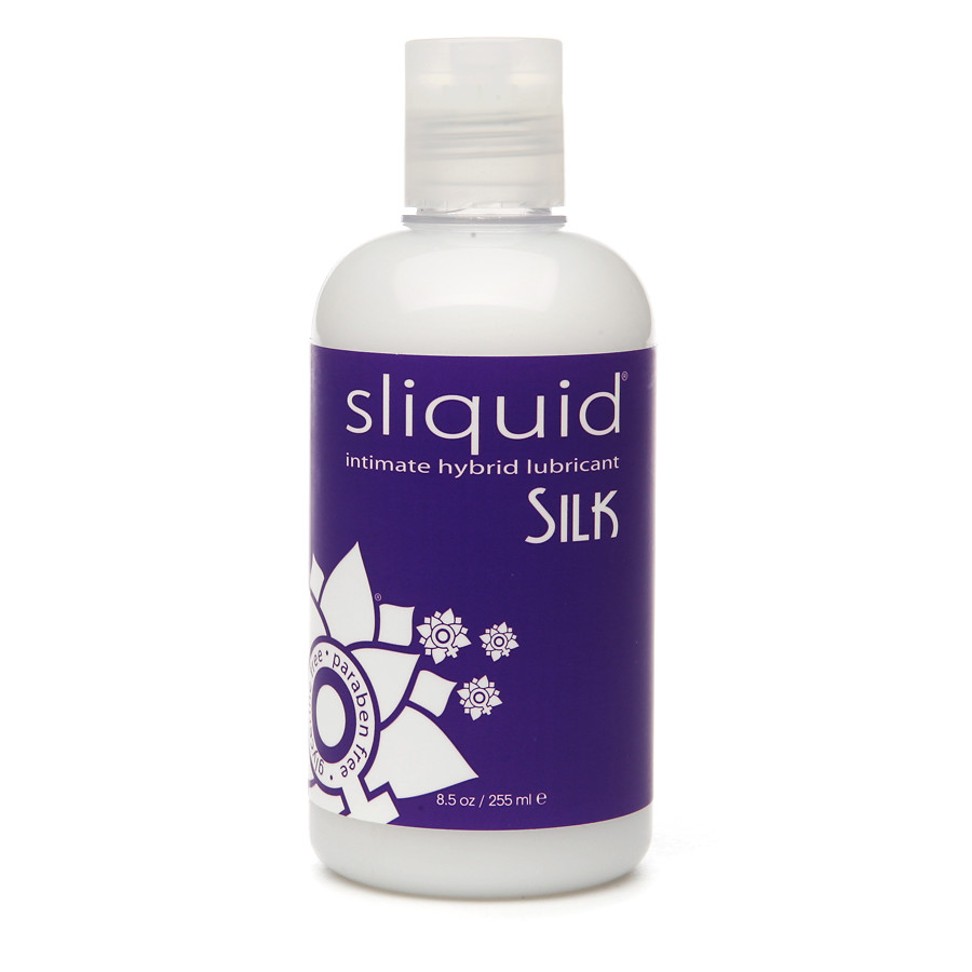
Tips on pain-free sex for postmenopausal women. Number one: talk to your doctor
- Studies show most postmenopausal women suffer from vulvar and vaginal atrophy, which often leads to painful sex
- Treatments include new techniques like pelvic floor therapy
When I suggest to Dr Sheryl Kingsberg, president of the North American Menopause Society, that many postmenopausal women complain about uncomfortable sex, she stops me in my tracks.
They don’t complain, she says. They suffer. The reason why is simple.
Early menopause may up risk of heart failure in women, says study
“Women still have not been empowered to acknowledge their sexual concerns with their health care provider and don’t speak up to let them know they are suffering in silence,” she says. “Many women think that painful sex is just something they need to learn to live with.”
Discomfort and pain during sex for postmenopausal women is usually caused by a condition called vulvar and vaginal atrophy (VVA). The condition affects about 50 per cent of postmenopausal women. It is the result of hormonal changes, which in turn lead to physical changes to the vagina, such as loss of vaginal tissue, lubrication and flexibility. These conspire to cause dryness, irritation, frequent urination – and painful sex.
“Let’s face it, love can hurt,” says Ellen Dolgen, a writer and blogger on menopause-related issues. “And I’m not talking about the achy-breaky, he-left-me-for-a-younger-model-and-broke-my-heart kind of hurt. I’m talking about the physical pain that can be associated with intercourse during menopause.”

Kingsberg is also division chief of behavioural medicine at the University Hospitals Cleveland Medical Centre in the US. She says that several surveys she has published found that most postmenopausal women suffer from VVA, but they do not talk about it nearly enough with their health care provider.
“Rather, most are unaware that VVA is associated with menopause – they associate menopause with hot flashes and night sweats,” she says. “They are unaware that VVA is chronic and progressive, and unlike hot flashes will not eventually go away without treatment. And they are unaware that there are safe and effective prescription treatments for VVA.”
She adds that of the conservative estimate of 32 million women in the US who suffer from VVA, just 7 per cent have been prescribed therapy.

Cindy Bonacorso LaTour is a Hong Kong-based marriage and family therapist with her own private practice, Counseling with Cindy. She acknowledges the physiological issues that exacerbate the problem.
“Menopause is the – usually erratic – decline of hormones, specifically leading to oestrogen deficiency which subjects a woman’s vagina to weaknesses. The direct effect is dryness [which is] the consequence of the decrease in vaginal lubrication which leads to uncomfortable symptoms described as pain, burning or itching. The hormone shifts cause vaginal tissues to dry and thin – VVA – which lead to added friction.”
Kingsberg says that in the same way that women avoid talking about sex with their health care providers, they are also bad at talking about sex with others – including their partners.
Bonacorso LaTour explains that sex must be a regular topic of conversation from the beginning of a relationship. If it is not, then it becomes much more difficult to approach later in life. “It’s not that sex is uncomfortable to talk about, rather people are uncomfortable talking about sex.”

She believes there is greater reluctance to talk about sex in Asia. “The cultural tendency is to not talk about this topic, to think ‘I can live without sex,’ to believe ‘I have no sexual desire’ and to think ‘I’m too old.’”
She also says that it is imperative for a couple to remain in close connection so that their intimate needs are met.
“Ageing and menopause are inevitable and we need to bridge the gap of uncertainty and discomfort to discuss the body we live in to have a life with intimacy. We are created as sexual human beings and sex shouldn’t be affected by age. It will require more effort, but I hear from various clients it’s worth it … You can create your new normal of sexual activity, which may or may not involve penetration.”
It is critical that health care providers validate their patients by addressing their sexual concerns as important and appropriate
She adds that sex and intimacy have many health benefits, and not just for longevity.
“Having sex helps maintain oestrogen receptors and a healthy blood flow, and all of that helps to counter the effects of menopause. It’s like keeping an engine running versus trying to start it up after it has sat stagnant for several months or even years. It will need to be well lubricated and treated with care. If you keep the engine running regularly and frequently it will have decreased symptoms.”
Tackling the problem of painful sex is about connection, communication and physical correction; the latter can be done via vaginal moisturisers, lubricants and low-dose hormone replacement therapy. Women should also broach the issue with their doctors, but in doing so must ensure their concerns are properly addressed, Kingsberg says.
“It is critical that health care providers validate their patients by addressing their sexual concerns as important and appropriate,” she says. “The health care provider should be the one to ask about sexual concerns, but I tell my patients, and anyone who will listen, that they absolutely should bring it up even if their health care provider has not – or find a new health care provider if they are not comfortable addressing this important health issue.”

Things that can help once you’ve talked to your doctor
These recommendations are from the Mayo Clinic, a medical centre in Minnesota, US.
1. Vaginal moisturisers
Applied every few days, products such as K-Y Liquibeads and Replens help to moisturise and keep vaginal tissues healthy.
2. Vaginal lubricants
When applied at the time of sexual activity, products such as Astroglide, K-Y jelly and Sliquid can alleviate pain during intercourse and prevent skin soreness as a result of friction.

3. Low-dose vaginal oestrogen cream, tablet or ring
These help replenish vaginal tissues. Even if you’re using systemic hormone therapy pills or patches, your doctor might recommend a low-dose vaginal oestrogen treatment if vaginal dryness and related symptoms still worry you. Talk to your doctor if you have concerns about hormone replacement therapy, especially if people in your family have had cancer.
4. Ospemifene
Osphena is a selective oestrogen receptor modulator (SERM) medication taken orally that is approved for treating painful intercourse associated with VVA. This medication is not approved for use by women who have had breast cancer or are at high risk of the disease, so be sure to talk about any family history of the illness with your doctor.
5. Dehydroepiandrosterone
DHEA, in the form of a nightly vaginal suppository, is approved by the US Food and Drug Administration for treating painful intercourse in menopausal women.
Learn the sex ‘tango’ to save and strengthen your relationship
DHEA is an anti-ageing hormone produced by both women and men that may be useful for women who are worried about vaginal oestrogen products or cannot use them because of high risk. While DHEA is a hormone, its effects work locally, which means the amount of sex hormone entering the bloodstream is not significant.
6. Pelvic floor therapy
“This is a relatively new, yet safe and effective, technique,” Dolgen says. “A physical therapist uses massage and gentle pressure to relax and stretch tightened tissues in the pelvic area. You also learn exercises to help strengthen your pelvic floor muscles, which may have been weakened by ageing, childbirth or hormonal changes.”
Dolgen suggests women ask their doctors for a pelvic exam of the vagina and cervix, and a Pap test to take a sample of cells from their cervix. They should also have their vaginal secretions and the acid level in their vagina checked. They may need to provide a urine sample if they are experiencing unusual urgency or a leaky bladder.

